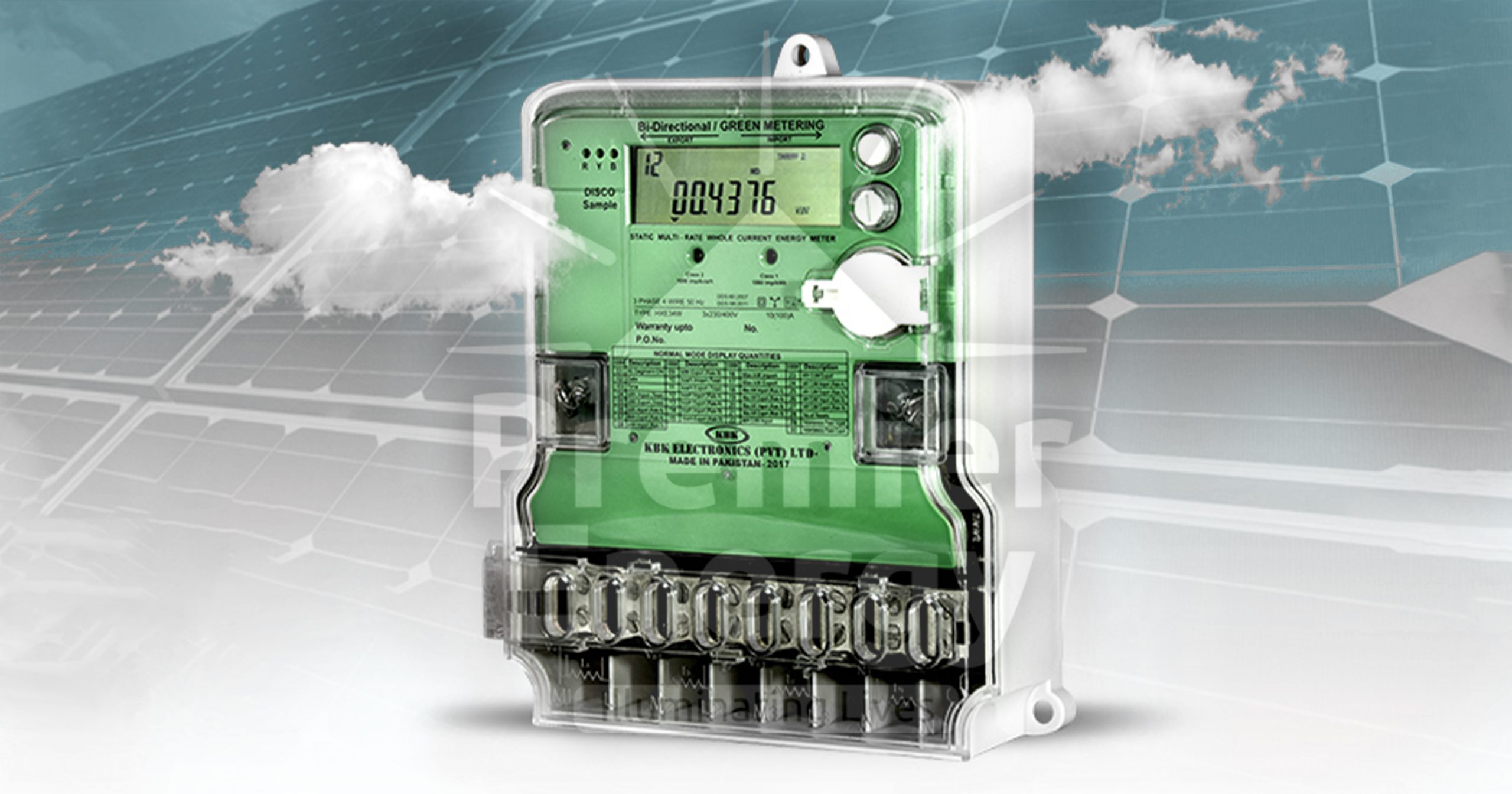
Are you curious about how much you could save by switching to solar energy? Our Net Metering Calculator is here to help you estimate potential savings and determine how soon your solar investment will pay off. With net metering, you earn credits for excess energy your solar panels produce, offsetting your utility costs by feeding energy back into the grid.
Benefits of Solar Power in Pakistan
Solar power offers a range of benefits for households and businesses in Pakistan, from reducing monthly electricity bills to promoting clean, renewable energy. Many users are now switching to solar not only for environmental reasons but also due to rising energy costs. By generating their own electricity, users can offset a significant portion of their grid usage.”
Learn more about the benefits of installing a solar power system in Pakistan.
How Net Metering Works
Understanding how solar net metering in Pakistan works can help you calculate potential electricity savings with a green meter bill calculator.
Net metering is a billing mechanism that allows solar energy users to receive credit for the excess electricity their solar panels generate and send back to the grid. Here’s how it works: during sunny hours, your solar system might generate more electricity than your home or business needs. Rather than letting that energy go to waste, it’s sent to the grid, and your utility company gives you credits for it. Later, during times when your solar panels aren’t producing (like nighttime), you can use those credits to offset the electricity you pull from the grid.
This back-and-forth exchange with the utility grid helps make solar energy more affordable by lowering your electricity costs. The more energy your solar system produces, the greater your potential savings!
How to Use the Calculator

Using our calculator is simple. Just enter:
On-peak and off-peak energy usage: Input the amount of energy you import during peak and off-peak hours.On-peak and off-peak energy export: Enter the expected or actual amount of solar energy you send back to the grid during both peak and off-peak hours.
Our Net Metering Calculator Pakistan is designed to give you an estimate of how much you could save on your green meter bill with a solar power system
Try the Net Metering Calculator below to discover your potential savings:
Net-Metering Bill Calculator
Electric Bill Calculator (PKR)
Summary
Net Off-Peak Import: 0 kWh
Net On-Peak Import: 0 kWh
Meter Rent: PKR 1000
TV Fee: PKR 35
Total Bill: PKR 0.00
Guide to Solar System Installation in Pakistan
Electric Bill Calculator (PKR)
Summary
Net Off-Peak Import: 0 kWh
Net On-Peak Import: 0 kWh
Meter Rent: PKR 1000
TV Fee: PKR 35
The installation process for solar systems in Pakistan involves several key steps, from initial site assessment to choosing the right equipment and finding qualified installers. Knowing the costs, expected savings, and regulatory aspects can help you set realistic expectations and streamline the installation.”
For a step-by-step breakdown, see our solar installation guide for Pakistan.
Internal links:
FAQs
1. Do all utility companies in Pakistan offer net metering?
2. Will I get paid for the energy I send back to the grid?
With net metering, you usually receive credits for excess energy sent to the grid rather than a direct payment. These credits reduce your future energy bills, so it’s like getting paid indirectly.
3. Does all DISCOs offer net metering?
Net metering policies vary widely depending on location and utility company. While many companies offer some form of net metering, the rules, rates, and benefits can vary. Be sure to check with your utility provider for specifics.
4. How does net metering affect my return on investment (ROI) for solar?
Net metering generally increases the ROI of a solar system because it allows you to save more by lowering your electricity costs. By reducing the payback period, net metering makes solar more financially attractive.
5. What happens if I produce more energy than I use in a year?
This depends on your utility provider’s policy. Some companies allow credits to roll over indefinitely, while others may reset them annually. Some utilities may even compensate you for the excess energy, though often at a lower rate than what you pay for electricity.
